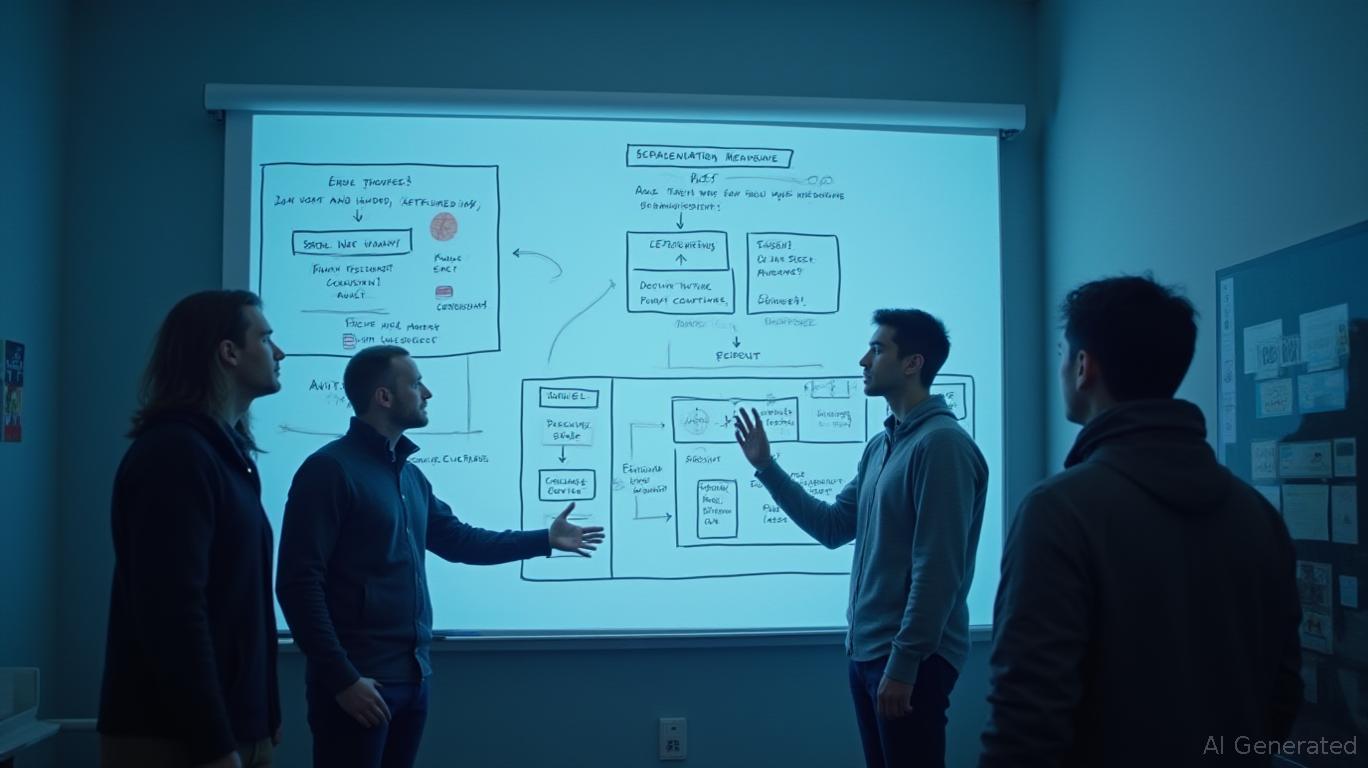Centralization Concerns Grow Amid Scroll DAO's Governance Overhaul

Scroll DAO, which oversees governance for Ethereum’s zkEVM Layer 2 scaling solution, has revealed it will overhaul its governance structure after halting operations and experiencing a wave of leadership departures. Notably, DAO leader Eugene and others stepped down in late September 2025, leaving the group without clear leadership and creating uncertainty surrounding ongoing proposals. Co-founder Haichen Shen explained the team is “reworking governance,” while growth lead Raza Zaidi clarified that the pause is a temporary measure to reorganize, not a full shutdown title1 [ 1 ]. This pause has left several initiatives, including treasury management and the establishment of a governance council, unresolved—impacting roughly $185 million held in corporate vaults associated with Scroll’s zkEVM title4 [ 4 ].
The proposed overhaul, detailed in a forum update from September 2025, involves setting up a new Governance Council responsible for drafting an updated DAO constitution, with plans to enact changes in the January 2026 voting session. Under this new framework, the DAO will operate under the guidance of the
Delegates from the community have voiced dissatisfaction about a perceived lack of openness and uncertainty about the DAO’s path forward. Delegate Olimpio described the process as “not transparent” and cautioned that the restructuring could lead to more centralized control, as the largest delegates still hold substantial voting influence title1 [ 1 ]. This lack of clarity has also dampened community involvement, with reports of some delegates being excluded from official Discord channels after expressing their concerns. Nonetheless, ongoing projects such as the Delegate Accelerator Program and Security Subsidy Program will proceed as planned with current funding title3 [ 3 ].
This situation brings to light ongoing difficulties in DAO governance, especially in finding the right balance between decentralization and efficient management. According to industry observers, about 76.2% of DAOs’ voting power tends to be held by the top 10% of voters, intensifying centralization issues even in decentralized setups title1 [ 1 ]. The challenges faced by Scroll mirror a broader debate in the industry about the effectiveness of governance models, with some projects turning to mechanisms like quadratic voting or delegate systems to boost participation equity. Yet, these solutions have not fully resolved the tension between swift project progress and collective community input title4 [ 4 ].
Even amid governance disruption, Scroll continues to see growth in its technical landscape, handling over 1.5 billion transactions each month and expanding its partnership network. The project’s ongoing development, while it revises its governance, highlights the complex challenges of separating protocol management from community oversight in blockchain organizations. As recruitment for the new Governance Council gets underway, the effectiveness of Scroll’s reorganization will depend on its ability to rebuild trust, clarify how decisions are made, and address worries about centralization—all without losing sight of decentralization ideals title5 [ 5 ].